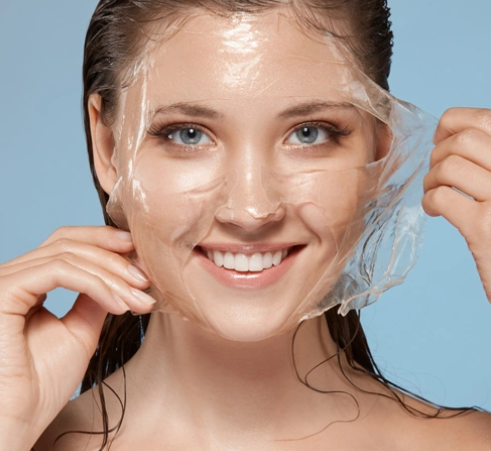In recent years, the concept of the microbiome has gained attention, with extensive research highlighting the role of microbial communities in various areas of health. One often-overlooked aspect is the scalp microbiome, which plays a crucial role in maintaining healthy hair and skin. This article delves into the significance of the scalp microbiome, its impact on overall scalp health, and ways to nurture this vital ecosystem.
What is the Scalp Microbiome?
The scalp microbiome refers to the diverse community of microorganisms—bacteria, fungi, viruses, and archaea—that reside on the scalp. Like other microbiomes in the body, it is influenced by various factors, including genetics, environment, diet, and personal care products. A balanced scalp microbiome contributes to scalp health, while an imbalanced one can lead to various issues, including dandruff, scalp irritation, and hair loss.
The Role of the Scalp Microbiome
- Protection Against Pathogens:
- The scalp microbiome acts as a protective barrier against harmful microorganisms. Beneficial bacteria can inhibit the growth of pathogenic fungi and bacteria, reducing the risk of infections and inflammation.
- Regulation of Scalp pH:
- The scalp’s pH is influenced by its microbial inhabitants. A healthy microbiome helps maintain a balanced pH, which is essential for optimal scalp health. An imbalance in pH can lead to dryness, irritation, and a conducive environment for harmful organisms.
- Balancing Sebum Production:
- The scalp microbiome plays a role in regulating sebum production, which is essential for maintaining moisture and preventing dryness. An imbalance can lead to excess oiliness or dryness, affecting hair health and appearance.
- Influence on Hair Growth:
- A healthy scalp microbiome may promote hair growth by creating a balanced environment conducive to hair follicle health. In contrast, an imbalanced microbiome can lead to inflammation and hair loss.
- Impact on Dandruff and Other Conditions:
- Dandruff is often associated with an overgrowth of the fungus Malassezia, which can thrive in an imbalanced microbiome. A balanced scalp microbiome can help control this fungus, reducing dandruff and other scalp conditions.
Factors Affecting the Scalp Microbiome
- Diet:
- A diet rich in vitamins, minerals, and healthy fats supports the health of the scalp microbiome. Probiotics and prebiotics can also promote the growth of beneficial microorganisms.
- Hair Care Products:
- Harsh shampoos, conditioners, and styling products can disrupt the scalp microbiome. It’s important to choose products that are gentle and formulated with nourishing ingredients.
- Environmental Factors:
- Pollution, UV exposure, and climate can impact the scalp microbiome. Protecting your scalp from environmental stressors can help maintain microbial balance.
- Stress and Hormonal Changes:
- Stress and hormonal fluctuations can influence the scalp microbiome. Managing stress through healthy lifestyle choices can positively impact scalp health.
How to Nurture Your Scalp Microbiome
- Choose Gentle Hair Care Products:
- Opt for sulfate-free shampoos and conditioners that are formulated to support scalp health. Look for products with natural ingredients that nourish rather than strip the scalp.
- Incorporate Probiotics:
- Consider incorporating probiotics into your diet or using scalp treatments containing probiotics to promote a healthy microbial balance.
- Maintain a Balanced Diet:
- Include foods rich in omega-3 fatty acids, vitamins A, C, and E, and antioxidants to support overall scalp and hair health.
- Stay Hydrated:
- Adequate hydration is essential for maintaining scalp moisture and overall health.
- Regular Scalp Massages:
- Scalp massages can improve blood circulation and stimulate hair follicles, promoting a healthier scalp environment.
- Limit Heat and Chemical Treatments:
- Minimize the use of heat styling tools and harsh chemical treatments that can damage the scalp and disrupt the microbiome.
Conclusion
The scalp microbiome plays a vital role in maintaining healthy hair and scalp. By understanding its significance and taking steps to nurture it, you can enhance your overall scalp health and prevent common issues. Adopting a holistic approach to scalp care, including a balanced diet, gentle hair care products, and lifestyle choices, will foster a thriving scalp microbiome, ultimately leading to healthier, more vibrant hair.





